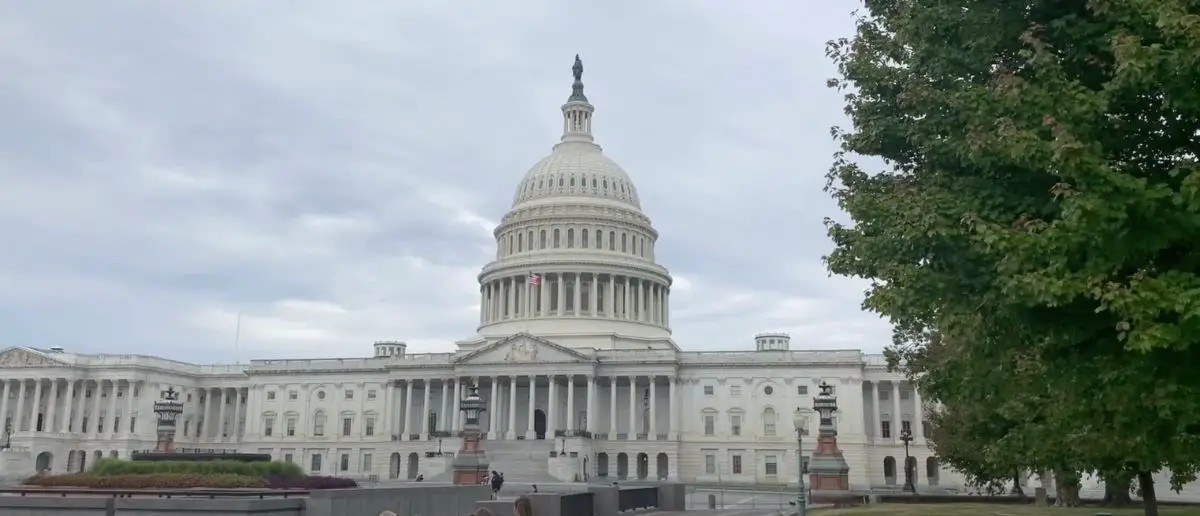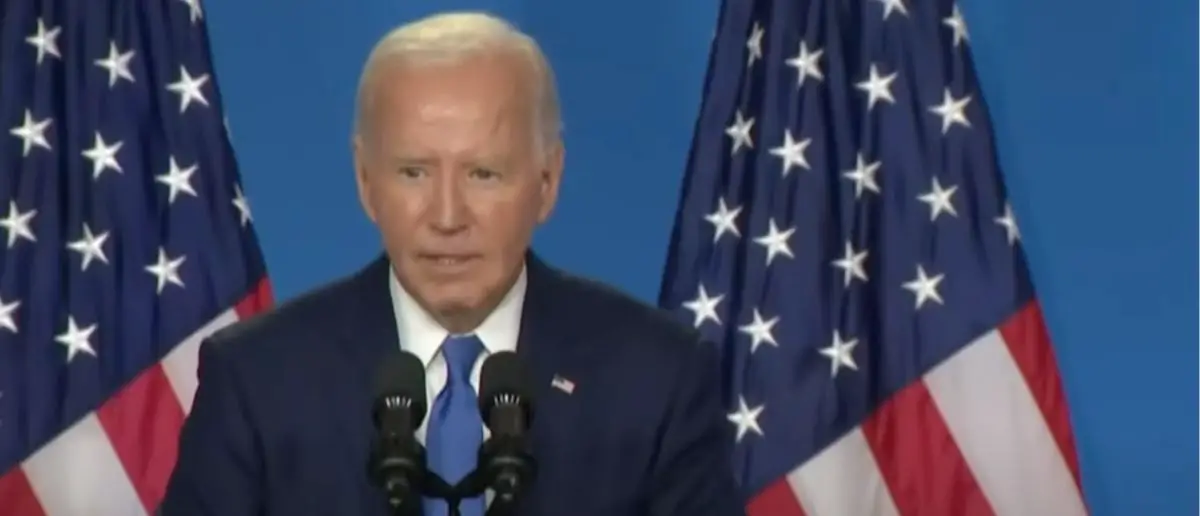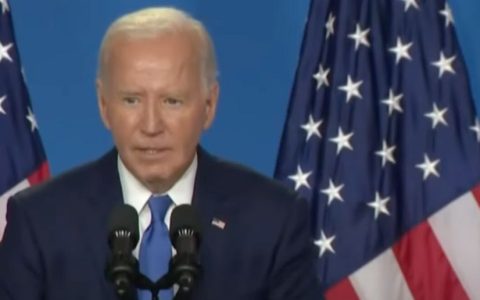
The rot in the nation’s capital runs deep. And this could root out a lot of it.
That’s why a bombshell bill in Congress is sending the D.C. Swamp into hysterics.
Holding Lawmakers Accountable on Stock Trading
A rare bipartisan coalition of House lawmakers unveiled a bill on Wednesday, to prohibit members of Congress and their families from owning and trading individual stocks, a move aimed at curbing potential conflicts of interest and restoring public trust.
The diverse group, spanning far-right, progressive, and moderate lawmakers, reflects a growing demand for accountability among politicians who often access market-moving information.
“It’s not every day you see this cast of characters up here,” said Rep. Brian Fitzpatrick, a moderate Republican from Pennsylvania, highlighting the unusual unity.
The bill, led by Rep. Chip Roy of Texas, signals a push to hold elected officials to a higher standard, addressing voter frustration with lawmakers profiting from their privileged positions.
Exposing Persistent Conflicts of Interest
The proposal addresses a long-standing issue: lawmakers’ ability to trade stocks while shaping policies that influence markets.
Despite the 2012 STOCK Act mandating disclosure of stock transactions, public shaming has failed to deter active trading, as predicted by government watchdogs.
The new bill would bar Congress members from owning individual stocks and bonds, allowing only diversified mutual funds, ETFs, and certain commodities.
Current lawmakers would have 180 days to divest, while new members would have 90 days.
Rep. Tim Burchett, a Tennessee Republican, admitted, “I don’t agree with some of these people on anything,” yet joined progressives like Rep. Alexandria Ocasio-Cortez, who praised the coalition as a model for how Congress should function.
Overcoming Political Resistance for Reform
While the House bill enjoys bipartisan support and resonates with voters, its path forward faces hurdles, particularly in the Senate, where 60 votes are needed to advance.
Some senators, like Republican Ron Johnson of Wisconsin, dismissed the ban as “legislative demagoguery,” arguing that existing insider trading laws and financial disclosures are sufficient.
Rep. Seth Magaziner, D-R.I., acknowledged the “persistent” opposition, noting that entrenched interests within Congress resist reforms that limit personal gain.
Rep. Anna Paulina Luna, R-Fla., expressed urgency, demanding House leadership schedule a vote by month’s end or face a forced vote.





